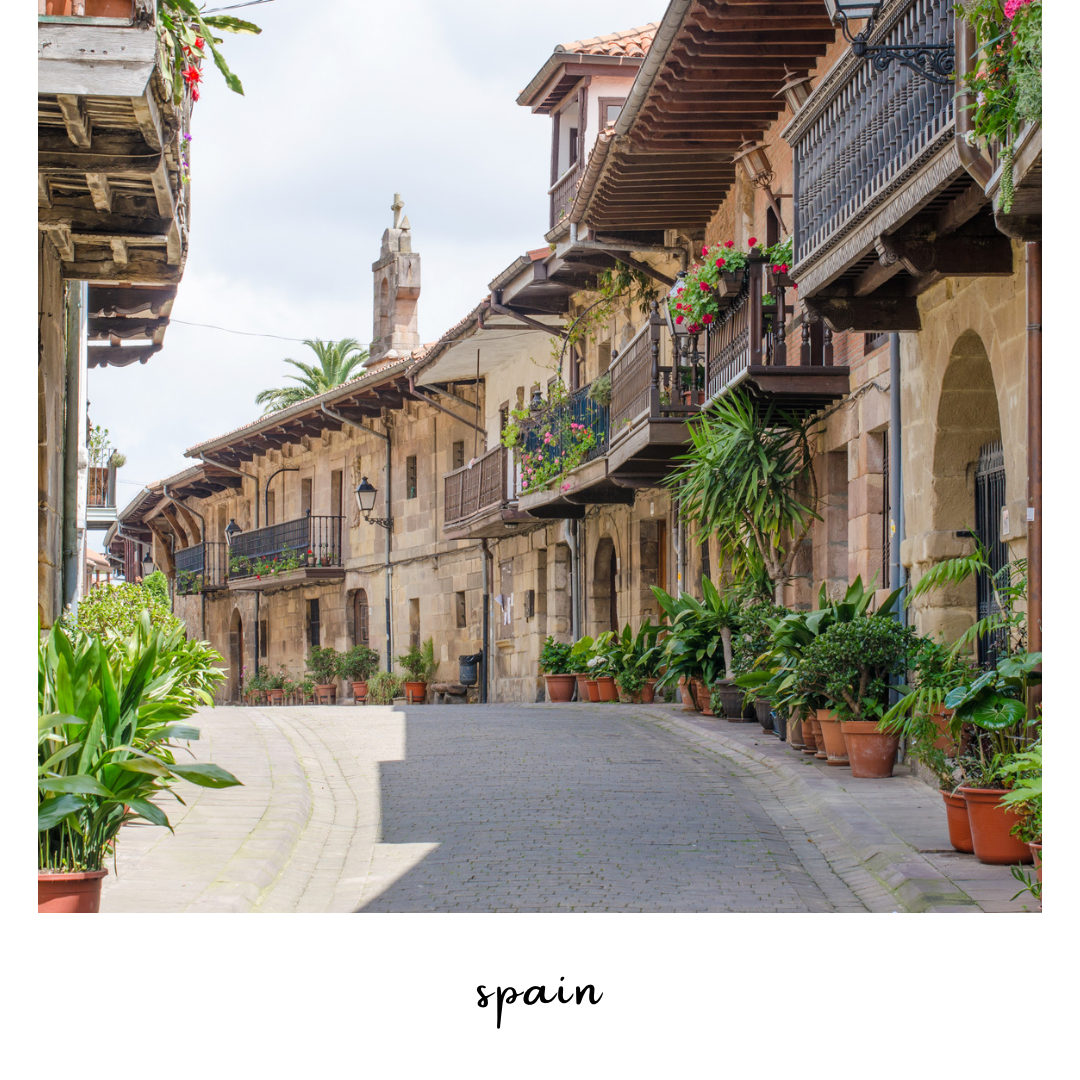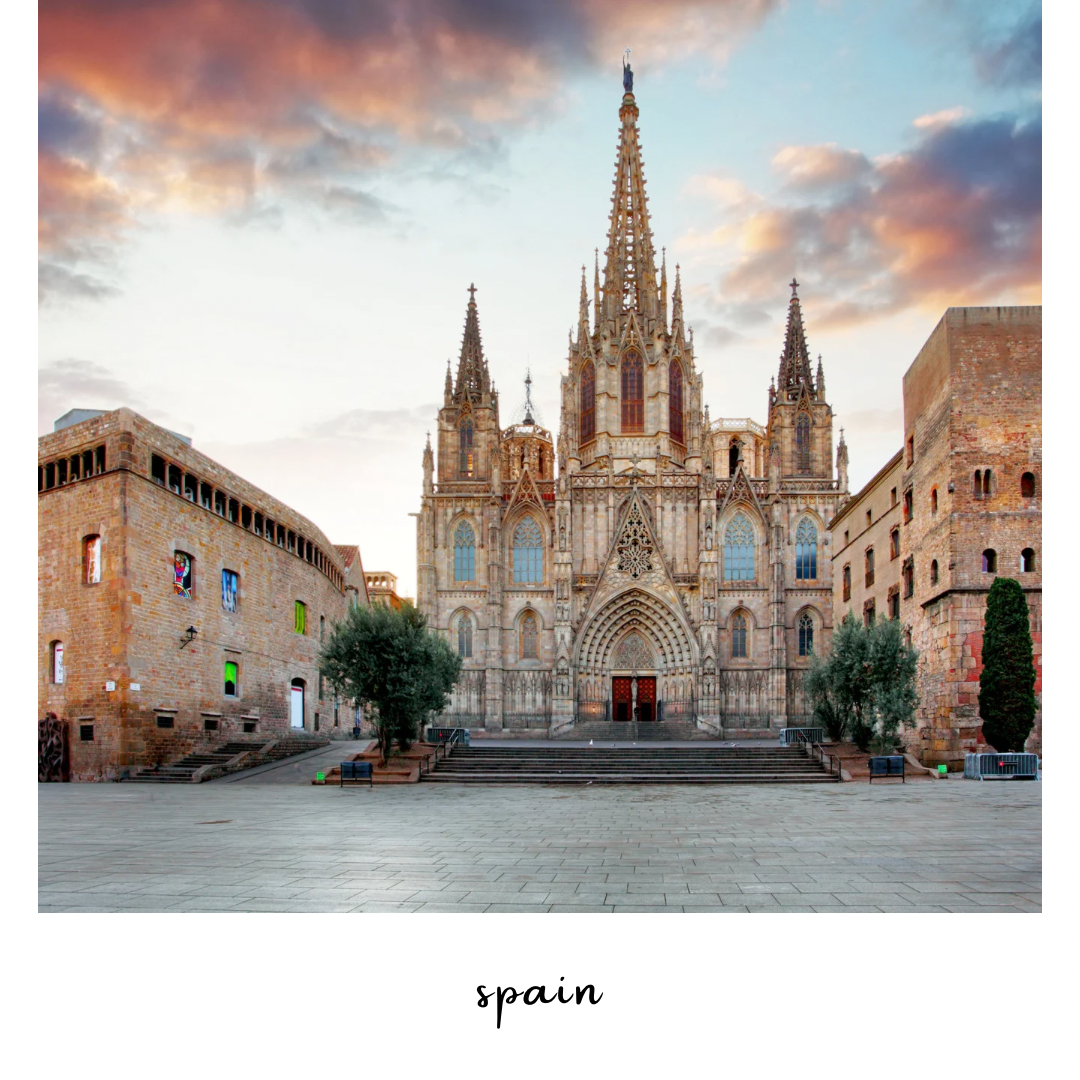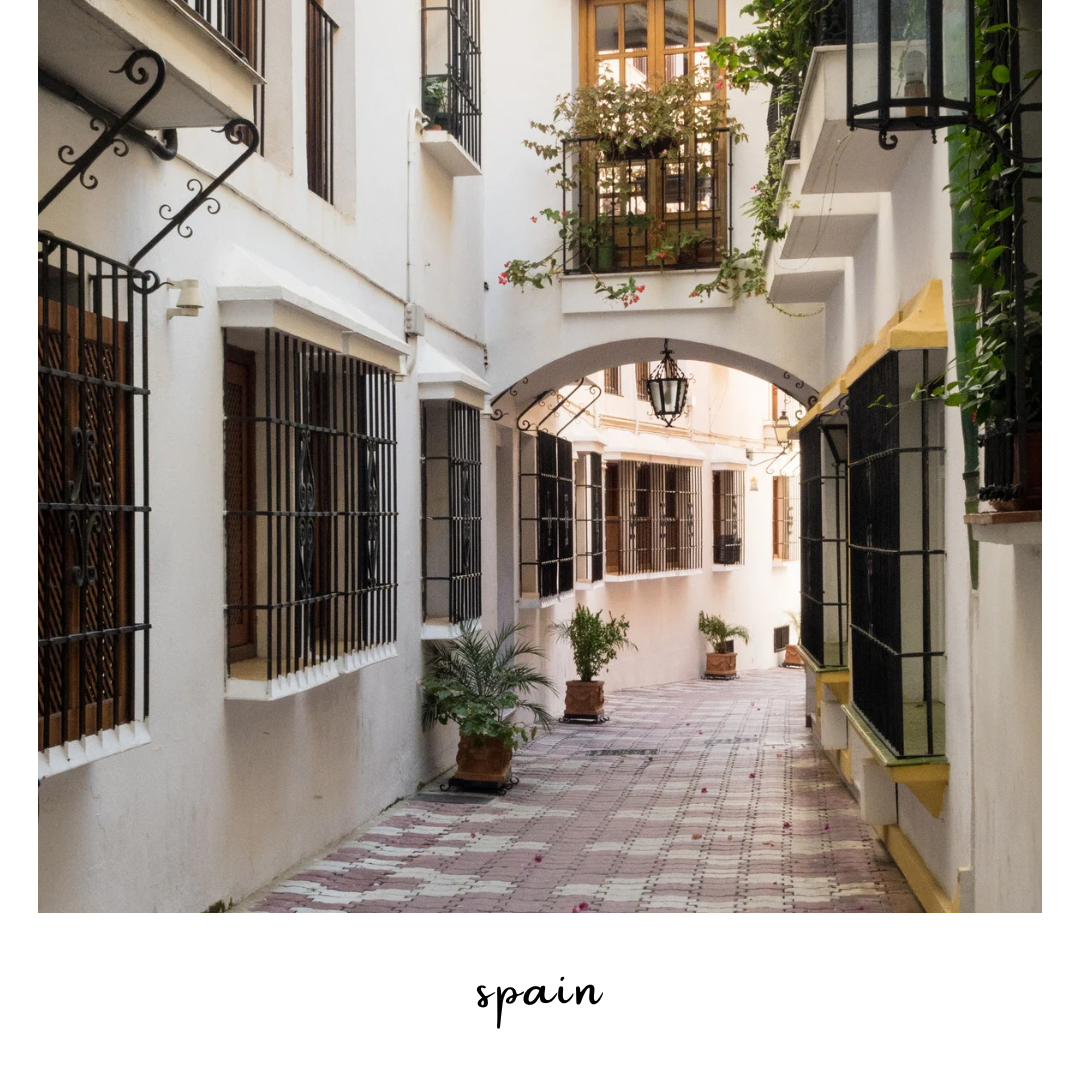
Top Destinations to Explore Beyond Barcelona
0
The owner(s) of this blog may receive compensation for our posts or advertisements, we always give our honest opinions, findings, beliefs, or experiences on those topics or products. The views and opinions expressed on this blog are purely the bloggers’ own. Any product claim, statistic, quote or other representation about a product or service should be verified with the manufacturer, provider or party in question. Dismiss

Barcelona, a vibrant and culturally rich city known for its stunning architecture, beautiful beaches, and lively atmosphere, has long been a magnet for tourists from around the world. However, in recent years, the influx of tourists has led to significant discontent among local residents, culminating in various forms of protest. The city’s struggle with overtourism highlights the delicate balance between fostering a thriving tourism industry and maintaining the quality of life for its residents.
Barcelona has experienced a dramatic increase in tourism over the past few decades. According to the Barcelona City Council, the number of tourists visiting the city has more than doubled since the early 2000s, reaching over 30 million annual visitors in recent years. While tourism is a vital part of the city’s economy, contributing significantly to local businesses and employment, it has also brought numerous challenges.
The surge in tourist numbers has had several negative impacts on local communities, including:
Housing and Rent Increases: The demand for short-term rental properties has driven up rental prices, making it difficult for locals to find affordable housing. Many apartments are converted into tourist accommodations, reducing the availability of long-term rentals for residents.
Noise and Congestion: Popular areas like La Rambla, the Gothic Quarter, and Barceloneta Beach are often overcrowded, leading to noise pollution and congestion. The constant flow of tourists disrupts the daily lives of residents and affects their ability to enjoy their neighborhoods.
Cultural Erosion: The commercialization of traditionally local areas has led to a loss of cultural identity. Shops and restaurants catering to tourists replace those that serve the local community, altering the character of neighborhoods.
Environmental Strain: The environmental impact of mass tourism is significant, with increased waste, pollution, and pressure on public services and infrastructure.
In response to these issues, local residents have organized various protests and campaigns to voice their concerns. These protests range from peaceful demonstrations to more direct actions, such as blocking tourist buses and staging sit-ins at popular tourist sites. Slogans like “Tourists go home” and “Barcelona is not for sale” have become common at these events, reflecting the frustration and anger of the local population.
The local government has taken steps to address the issue of overtourism. Measures include:
Regulating Short-Term Rentals: Stricter regulations have been imposed on platforms like Airbnb to limit the number of properties available for short-term rentals and ensure they comply with local laws.
Sustainable Tourism Initiatives: The city has implemented policies aimed at promoting sustainable tourism practices, such as encouraging off-season travel and diversifying tourist activities away from the most crowded areas.
Investment in Infrastructure: Efforts are being made to improve infrastructure and services to better accommodate both residents and tourists, including public transportation enhancements and waste management systems.
Community Engagement: The city council has engaged with local communities to better understand their concerns and involve them in decision-making processes related to tourism management.
The challenge of managing overtourism in Barcelona is ongoing. Balancing the economic benefits of tourism with the need to preserve the quality of life for residents requires a multifaceted approach and continued collaboration between the government, local communities, and the tourism industry.
As Barcelona navigates this complex issue, it serves as a case study for other popular tourist destinations facing similar challenges. Sustainable tourism practices, community involvement, and innovative policy solutions will be key to ensuring that the city remains a vibrant and livable place for both residents and visitors.

If you’re looking for destinations that offer rich culture, stunning architecture, and vibrant atmospheres but want to avoid the crowds and protesting in Barcelona, here are some excellent alternatives.
Valencia is known for its futuristic architecture, beautiful beaches, and the annual Fallas festival. It offers a more relaxed pace compared to Barcelona while still boasting impressive sights like the City of Arts and Sciences and the Turia Gardens.
Seville is the heart of Andalusian culture, with its flamenco shows, tapas bars, and historic landmarks like the Alcazar Palace and the Seville Cathedral. The city’s vibrant atmosphere and traditional Spanish charm make it a fantastic alternative.
Located in the Basque Country, Bilbao is famous for the Guggenheim Museum, a masterpiece of contemporary architecture. The city offers a mix of modern and traditional Basque culture, excellent cuisine, and scenic landscapes.
Granada is home to the Alhambra, one of the most visited monuments in Spain. This city offers a unique blend of Moorish and Spanish cultures, with beautiful gardens, historic sites, and a lively student population.
Málaga, located on the Costa del Sol, is a city with a rich history, art museums (including the Picasso Museum), and beautiful beaches. It’s a perfect spot for enjoying both cultural activities and seaside relaxation.
San Sebastian is famous for its culinary scene, especially its pintxos (Basque tapas), beautiful beaches like La Concha, and the International Film Festival. The city offers a mix of coastal charm and cultural richness.
Girona is a smaller, quieter city with a well-preserved medieval quarter, colorful houses along the Onyar River, and the impressive Girona Cathedral. It’s an excellent destination for history enthusiasts and those looking to escape the crowds.
Porto is renowned for its port wine, picturesque riverside district (Ribeira), and stunning bridges. The city’s historic center is a UNESCO World Heritage Site, and its coastal setting provides beautiful views and opportunities for boat tours on the Douro River.
Lisbon, Portugal’s capital, is known for its historic neighborhoods, vibrant nightlife, and beautiful viewpoints (miradouros). Attractions include the Belem Tower, Jeronimos Monastery, and the historic tram 28.
Marseille, France’s oldest city, offers a mix of historic sites, Mediterranean charm, and a vibrant cultural scene. Key attractions include the Old Port, the Basilica of Notre-Dame de la Garde, and the Calanques National Park.
Located on the French Riviera, Nice is known for its beautiful coastline, vibrant markets, and the Promenade des Anglais. The city combines the allure of the Mediterranean with rich cultural experiences.
Turin, known for its baroque architecture, museums, and the Mole Antonelliana, offers a different Italian experience from the more touristy cities like Rome and Venice. It’s also famous for its chocolate and coffee culture.
These destinations provide a variety of experiences similar to those found in Barcelona but without the challenges posed by overtourism. Each city offers its own unique blend of culture, history, and local charm, making them worthy alternatives for your travel plans.

EXPLORING SPAIN’S ART AND ARCHITECTURE

BLANES: THE PERFECT COASTAL GETAWAY IN SPAIN

LIVING IN SPAIN: A COMPREHENSIVE GUIDE FOR EXPATS
